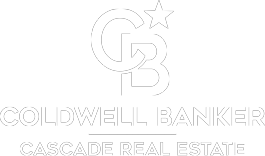Opening mail from your credit card company is never fun. If it isn’t a bill or marketing letter, it’s often an update to the terms of the credit card agreement, including changes to the annual percentage rate, or APR, that determines the interest rate paid on revolving balances.
Credit card interest rates are tied to the benchmark rate set by the Federal Reserve, so if you’re paying attention to what the Fed does then you might get an idea of upcoming increases. Or if you wait to receive a letter from your credit card company, the notification will usually come 45 days in advance, giving you at least one billing cycle to pay down your balance or find a better credit card.
When You Won’t Be Notified
However, you may not get such explicit notice if you incur a penalty APR for missing payments. The APR increase is immediate and is explained in the terms and conditions you originally received with the card. The contract will also list how you can get back to the original interest rate. Promotional rates are for a fixed period and you likely won’t get notified of when they’ll end.
If your APR is variable and tied to interest rates set by the Fed, then you may also not be notified early. Your credit card company may notify you anyway, but it isn’t required.
What to do About a Rate Hike
If you receive a credit card rate increase notice, your best solution is to ask the bank to lower your rate. It just takes a phone call and can often get you a reduction if you have good credit history and always make payments on time. You can also shop around for a better credit card elsewhere”be sure to let your bank know of better offers that it should at least match.
If you have a large balance, a balance transfer card can help you avoid the higher interest rate that’s coming soon. Balance transfer cards often offer 0-percent interest for a year or so, giving you time to pay it off before having to pay interest.
The best solution is to pay your credit card balance in full each month to avoid paying interest. Not carrying a balance is one of the best things you can do to raise your credit score.
Published with permission from RISMedia.
